Texas Mom Delivers Conjoined Twins Who Are Also Rare Identical Triplets
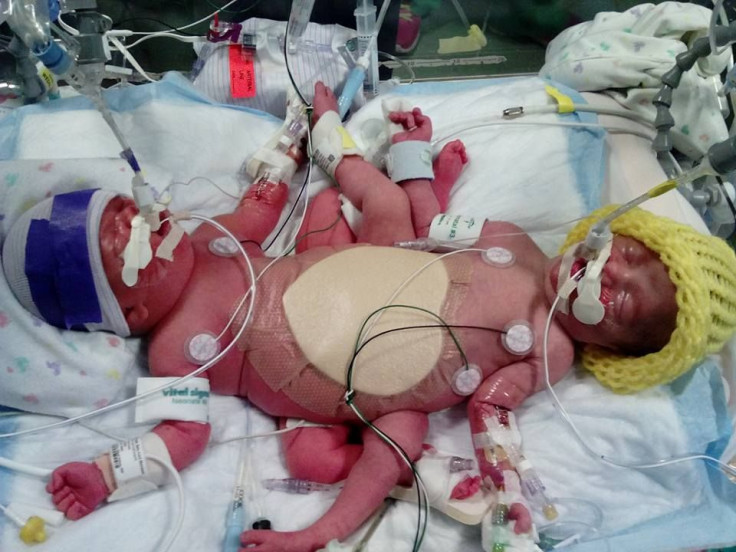
Giving birth to multiples is rare, and even more so identical ones, but it’s far rarer without in vitro fertilization (IVF). A mom in Texas defied one in 50 million odds by giving birth to identical female triplets, including conjoined twins at the pelvis. Silvia Hernandez, husband Raul Torres, and son Raul Jr. welcomed the birth of Catalina and conjoined twins Ximena and Scarlett at Corpus Christi Medical Center just a few days earlier than expected.
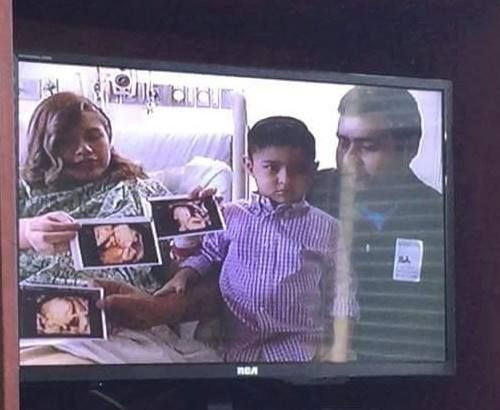
The family was thrilled they were expecting triplets, but happiness quickly turned into fear when they soon learned two of them were conjoined. "The truth is I cried, not because of how the babies would look because we knew we would do our best to give them the best and most productive life posible [sic], I cried because the doctor said we had to understand and accept the fact that once they were born they could die," wrote Hernandez on the Facebook page “Siamese Triplets Hernandez Torres.”
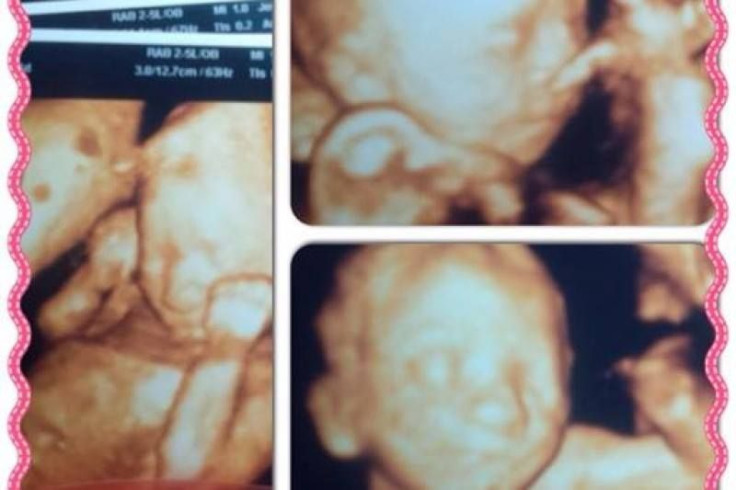
The triplets were born just shy of 34 weeks and all weigh 4 pounds and 11 ounces. The birth of triplets is more common with IVF treatment, whereas conceiving identical triplets, also known as trizygotic triplets, is naturally extremely rare. The odds of having identical triplets are one in 60,000 to one in 200 million. Moreover, only one in six triplet pregnancies lead to the birth of three babies of the same sex.
The Texas family continued to beat the odds with two out of three identical triplets born conjoined. These twins are genetically identical and always the same sex. Conjoined twins are also only live births one in every 200,000, with a few surviving past day one, according to the University of Maryland Medical Center. This means the odds of naturally conceiving identical female triplets, two of them conjoined, is about one in a 50 million occurrence.
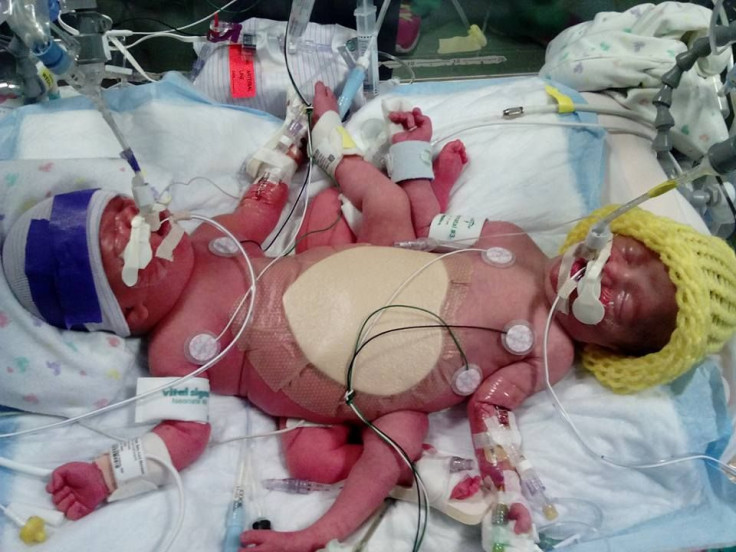
Hernandez had a difficult pregnancy anticipating the arrival of the triplets. Torres felt compelled to leave his job to take care of his wife and their 3-year-old son. “Sometimes she couldn't even walk, stand up, go to the bathroom take a shower or anything," Raul told Kiii News.
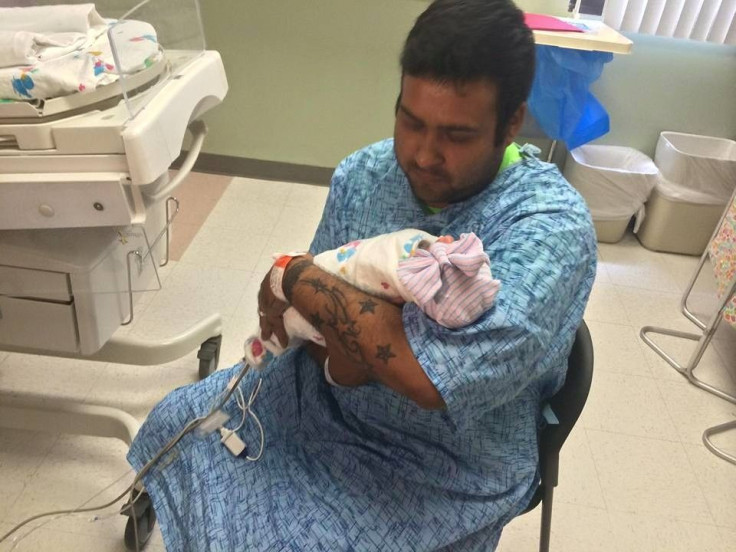
The family has started a GoFundMe page for financial assistance on paying the babies’ medical bills. The small conjoined babies must undergo surgery within six months to a year before they can be separated. Despite medical expenses and a tough future that waits the Texas family, Torres sees these girls as his “miracle babies.” “It's like a gift of God,” he told Kiii News. “God chose us for a reason, to take care of them. He sent us little angels for a reason, so it's a big blessing for us.”
The conjoined twins are now being cared for at Driscoll Children’s Hospital in Corpus Christi, Texas.



























